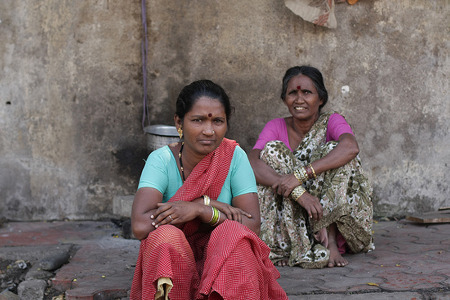Maybe We Should Focus on Poor People, not Poor Countries
January 18
A recent post in the Guardian’s “Poverty Matters” blog touched upon an important idea: That we should focus on poor people, not just poor countries.
When the World Bank carried out its annual reclassification in July, Senegal, Tuvalu, Uzbekistan, Vietnam and Yemen all graduated to middle-income status – countries that have reached the US$1,000 or so GDP [per capita] threshold.
Taken by themselves, not big news perhaps, but add to that 22 other countries which, since 2000, are no longer considered officially poor, then a quite profound global change is under way: in short, most of the world’s poor no longer live in “poor” countries.
Take India for example. Although the country’s GDP has made great strides, more than half the population still lives in poverty. Using the new Multidimensional Poverty Index, released by the Oxford Poverty and Human Development Initiative last summer, more poor people live in eight Indian states than 26 sub-Saharan African countries combined. According to the MPI country brief, 645 million poor people total live in India.
More and more countries are graduating from low-income countries to middle-income countries. Ghana, with an estimated 6.9 million poor people, is expected to make the jump in 2011. But we can’t ignore the fact that three quarters of the world’s poor live in such middle-income countries.
What about the poorest countries? Niger, the poorest by MPI standards, is home to 13.1 million poor people—93 percent of its population. Another common measure of poverty is how many people live on less than $1.25 a day. Using that method, Tanzania, where 89 percent survive on less than $1.25 a day, is home to about 36.8 million poor people.
While 93 percent living in poverty is an appalling statistic, the poor in Niger is a mere 2 percent of India’s total.
Is it more important to focus on poorest countries or the actual amount of people?
Abby Callard is an Associate at Beyond Profit where a version of this post appears.
Photo courtesy of Flickr user Meanest Indian.



